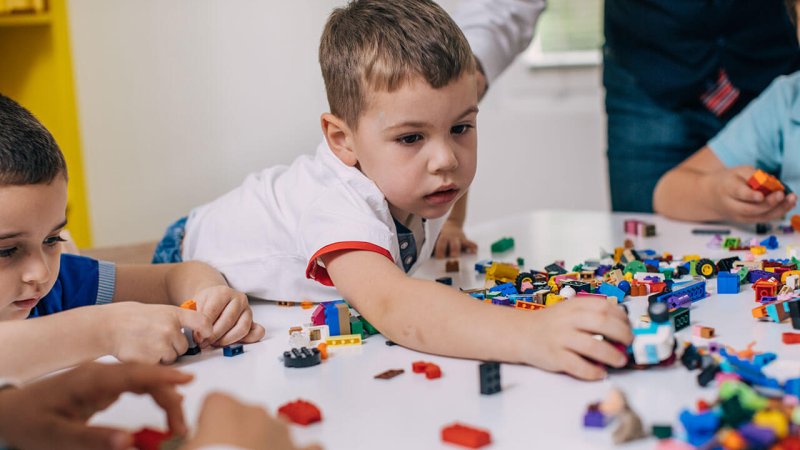What causes ASD has baffled psychiatrists and neurologists since the syndrome was first described, in the mid-20th century, by Hans Asperger and Leo Kanner. But the evidence is pointing towards the bacteria of the gut.
…
Dr [Rosa] Krajmalnik-Brown and James Adams, a colleague at Arizona State, sequenced the dna of gut bacteria from 20 autistic children to discover which species were present. They found that the children in their sample were missing hundreds of the thousand-plus bacterial species that colonise a “neurotypical” person’s intestine.
…
Their discovery led Dr Krajmalnik-Brown and Dr Adams to the idea that restoring the missing bacteria might alleviate autism’s symptoms. Two years ago they tested a process called microbiota transfer therapy (MTT) on 18 autistic children aged between seven and 16. Of their participants 15 were regarded, according to the Childhood Autism Rating Scale, as having “severe” autism.
…
Crucially, these changes in gut bacteria have translated into behavioural changes. Even 18 weeks after treatment started the children had begun showing reduced symptoms of autism. After two years, only three of them still rated as severe, while eight fell below the diagnostic cut-off point for ASD altogether. These eight thus now count as neurotypical.
Read full, original post: More evidence that autism is linked to gut bacteria































